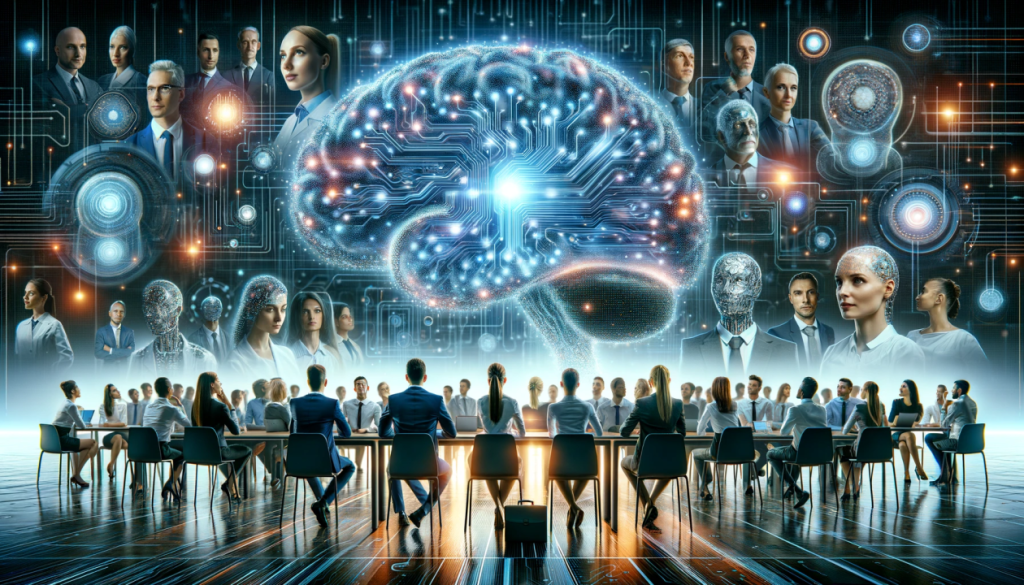Will AI take my job?

- marketing
- Categories: Isidoros' blogposts
- Tags: AI, CX, Loyalty
The most common question that I receive!
First, let’s reframe the question: Is the real fear joblessness, or is it the inability to survive financially? With widespread AI adoption, global GDP is likely to surge. Unlike the pandemic-driven recession, the true challenge with AI lies not in a lack of wealth,but in finding ways to distribute it equitably.
Let’s remember, work for work’s sake isn’t the point! We didn’t build civilization just to keep everyone busy. Our true goal is to improve lives for all. If technology like AI can achieve that dream – producing more with less human toil – shouldn’t we welcome it, rather than fear it?
Anyway, let’s set aside the anxieties fueling the ‘AI taking jobs’ debate and focus on the core question itself: Will AI displace workers on a large scale in the near future? History reminds us that technological revolutions often destroy old jobs while creating new ones. Could AI follow a similar pattern?

I believe that in the next 10-20 years, the future of work will be one of augmentation rather than replacement. AI will become a powerful tool that enhances our capabilities, potentially leading to a reduced workweek. Humans will remain in the lead, but our roles will evolve to focus on areas where creativity, critical thinking, and social skills are essential.
AI can automate many mundane and repetitive aspects of our jobs, freeing us up for more strategic and creative work. Imagine an accountant leveraging AI to handle routine calculations, allowing them to focus on complex financial planning.
The most successful teams will likely be those that combine human and AI capabilities. Humans will provide strategic direction and creative problem-solving, while AI will handle data analysis and automation.
Even if outright replacement isn’t imminent, AI poses a different challenge: the unprecedented speed of job disruption. Old jobs will vanish quickly, while new ones emerge – a shift faster than any we’ve seen before. This risks temporary yet widespread unemployment, even as high-skilled positions remain unfilled. Historical examples, like Germany’s economic crisis and unemployment pre-WWII, warn us of the social unrest such instability breeds.
We must prepare now to mitigate this danger. Fortunately, AI-driven economic growth provides the means to build robust safety nets for vulnerable populations.

Beyond 20 years: Will work exist for the next generation?
The advent of AGI, true artificial general intelligence, throws the future of work into a realm of thrilling uncertainty. Predicting how jobs and workplaces will function in a world alongside entities with IQs potentially far beyond our own is a fool’s errand. Imagine the profound changes a leap from an average human IQ of 100 to 1000 could bring. Will human ingenuity even be a relevant factor? This is definitely an uncharted territory that is both exhilarating and deeply unsettling – sit back and enjoy!